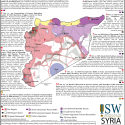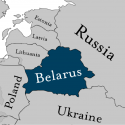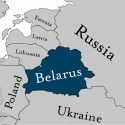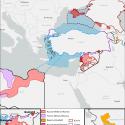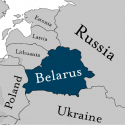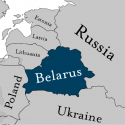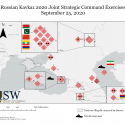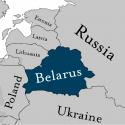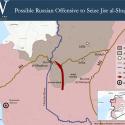Belarus Warning Update: Lukashenko Accuses Poland of Preparing Catholic Sectarian Subversion
Nov 2, 2020 - George Barros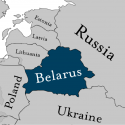
5:30 pm EDT: Self-declared Belarusian President Alexander Lukashenko intensified anti-NATO rhetoric by accusing Poland of using Belarusian Catholic clergy as an anti-Belarusian fifth column. Lukashenko said Polish influence through Belarusian Catholic clergy threatens the Belarusian state on November 2. Lukashenko accused Poland of exploiting Belarus’ lack of resources to train Catholic clergy as a tool to project subversive influence into Belarus by “inviting” Belarusian Catholics to Poland. Lukashenko explicitly claimed Archbishop Tadeusz Kondrusiewicz, the head of the Catholic Church of Belarus, received directions from Poland on how to “destroy our country.” Belarusian border guards stopped Kondrusiewicz from returning to Belarus from Poland on August 31 after he spoke out against Belarusian police brutality. ISW forecasted that Lukashenko and the Kremlin’s information operations may falsely link Belarusian Catholics to NATO-sponsored activity in late August—the last time Lukashenko mentioned religious sectarianism in a prominent manner.


